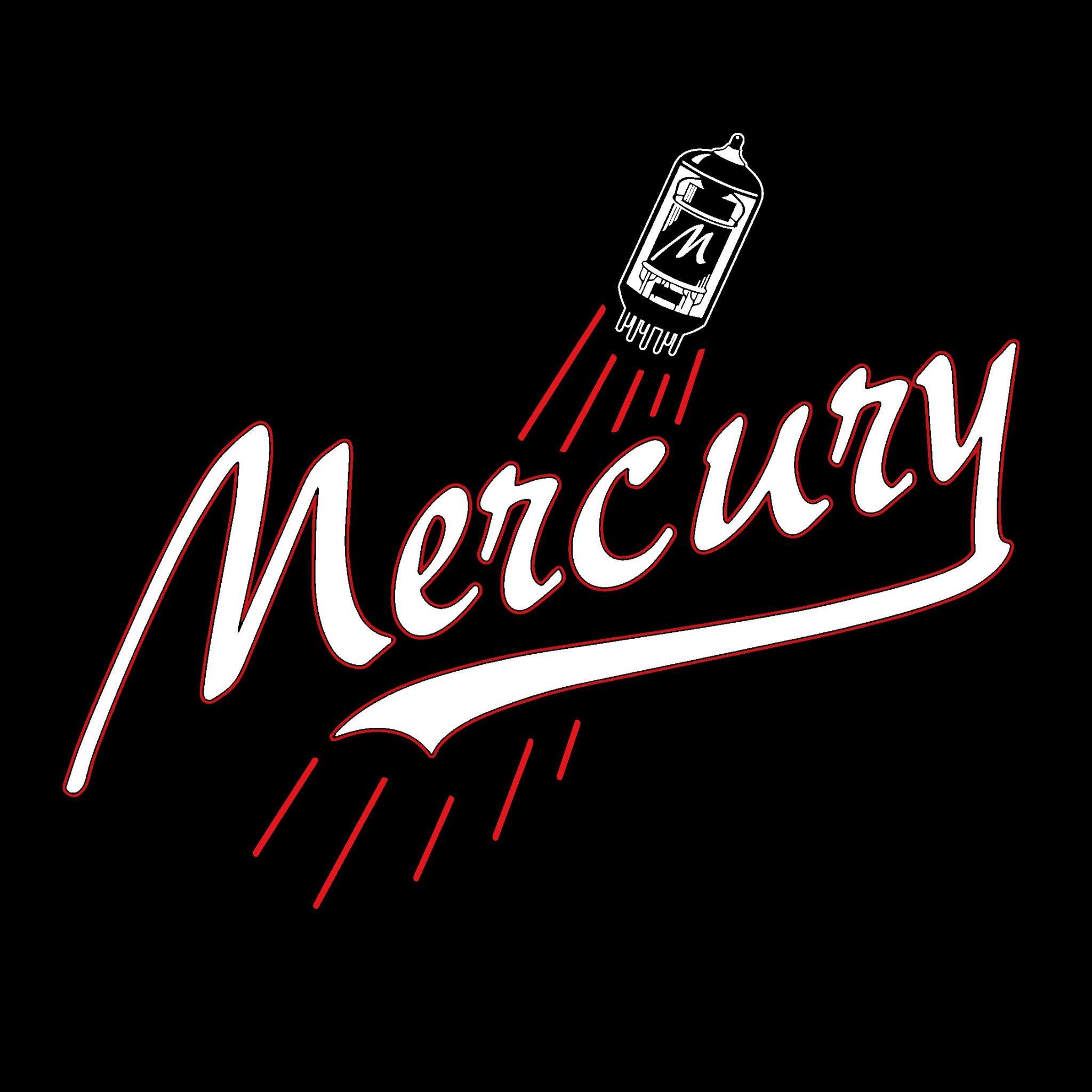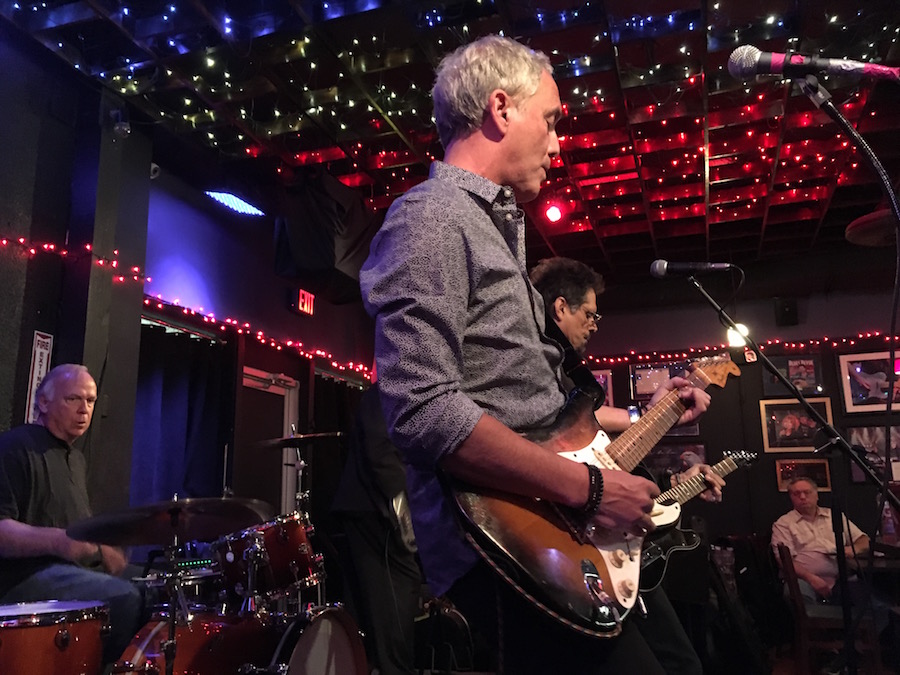David Marquette
Man in the Moon
Cancer Can Rock Featured Artist David Marquette was born in Northern California but spent most of his childhood in Northwest Montana, growing up with vinyl albums, 8 tracks, cassette tapes and the beginnings of MTV when they actually played music videos.
Music was always a big part of his life but became a real positive force and really an escape from negative things that were out of his control. Moving back to California after high school, he started singing and playing bass in a cover band and started writing songs himself as well as with the two guitarists in the group.
After a few years it was obvious there were bigger and better places to find like-minded musicians, get better gigs, and most importantly opportunities to play only original music, so David moved to the SF Bay Area where he met many musicians and formed several original bands, playing all over the Bay Area and Central Valley. At this time, late 80’s/early 90’s, there were many great venues to play, and opportunities to open for national acts. During this time, David was rehearsing in the evenings and working in construction during the day.
David’s construction experience helped him get into studio remodeling and studio construction during the colder winter months. This was another way to stay close to music, and it introduced him to the world of professional recording equipment, which altered his path and helped introduce him to many like-minded people, audio engineers, and make many professional studios connections.
This energized David to start recording demos and focusing more on songwriting and production as well as having a good live band, getting better gigs and local opening slots with national acts, which he did. It also led to him buying his own recording gear and building a small home studio, to record demos and rehearsals to continue to get better.
For those that will understand these terms, this was the time of ADATs and DA88 and right before ProTools. In the mid 90’s, there were not many “new” recording equipment companies – vintage equipment was by far the best option and in many cases the only professional option. David ultimately stopped doing construction full time and started focusing more on building studios, selling vintage gear and repackaging vintage modules and, in 1994, he founded Marquette Audio Labs.
Soon after starting Marquette Audio Labs, there was another big change in David’s life. David’s son, Dylan, was born in 1995, directing his focus more toward his new music business and away from playing music. A few years later, after determining that vintage gear was not a long term business, he created is own line of professional audio equipment. Mercury Recording Equipment Company debuted in 1999 with plans for new versions of vintage recording classics from defunct companies like Telefunken/Siemens, Pultec, Langevin and Fairchild.
In 2001, after several years not playing and recording, David was bitten by the recording bug again and wrote many songs over this period, fortunate to have a great home studio and a ton of great gear. David had some friends, Chris Fudurich & Fred Maher, come up from LA and they made an album. He was lucky enough to get Lyle Workman (Guitar), Chris Solberg (bass) and Troy Luckketta (drums) to play on it and Mark Needham to mix it. David played a little guitar and sang lead and backing vocals.
When the album was done, he “shopped” it with a manager, played a few live shows with a different live band to good reviews and great feedback… but the music business was really changing at this time and sadly rock bands were out of favor. This album can be heard by clicking the Reverb Nation link below. David plans to remaster and re-release this album soon.
After the album project ran its course, David’s focus was back on his business and, more importantly, being a single father raising his son. The business still kept him around music and he was able to manufacture and provide professional audio tools for people who make music. This continues to be a very rewarding part of his life.
Recently, David started playing guitar more than in the past, most likely because his now adult son decided to move to Southern California (and yes there is a girl in this story, but that’s for another day and platform). Over the next few years this led to more songwriting and ultimately a new recording project called David Marquette & Dragonfly Crow. In late summer of 2018, he went to 25th Street Recording in Oakland, CA where a good friend and great engineer, Gabriel Shepard was working. David assembled a great band of musicians, including Jeff Campitelli (Drums), Jeff Tamelier (Guitar), Angeline Saris (Bass) and Chris Hanlin (Guitar). This album project is not finished yet, but there are plans for a few more great musicians to add their magic and finish it soon! You can see updates and a release date on the by clicking on Facebook page link below.
The completion of this project was interrupted by a cancer diagnosis in 2019. David met this challenge head on, and started and finished his chemotherapy treatment. In 2020, just a few weeks after being told he was in remission and could go out and live his life again, COVID-19 hit. While it sucked to not be able to start Life 2.0, David feels that it was a blessing in disguise, as he was able to heal and rest and take time to get stronger. Just before COVID reared its ugly head, David was contacted by Jim Ebert at Cancer Can Rock with an offer to record a song.
While this didn’t happen in 2020, it was able to happen in 2021. David commented,
It was nice to have something to look forward to, and I am appreciative for that and the fun experience once we were able to get together to record. As well, it checked something off my “bucket list” to have Brendan O’Brien mix “Man in the Moon”! Now, its 2021 and I am two years in remission and I am looking forward to finishing my David Marquette & Dragonfly Crow album project. Here is to the Future and More Music – Cheers!
David Marquette uses:
Avid Pro Tools, Taylor Guitars, Fender Guitars, Gibson Guitars, Martin Guitars, Jim Dunlop, Bogner Amplification, Kemper Amps, Universal Audio, Bock Audio, Focal Monitors, Audio-Technica Headphones and Mercury Recording Equipment.





